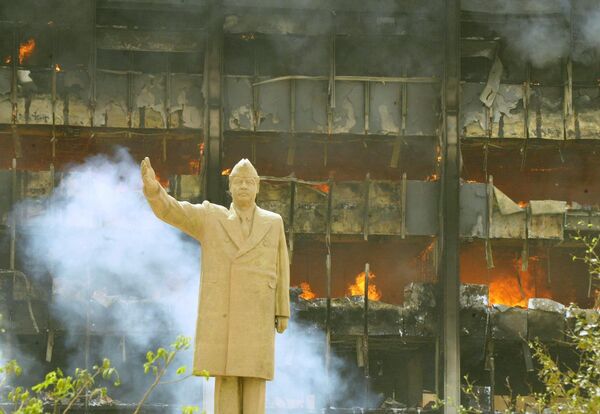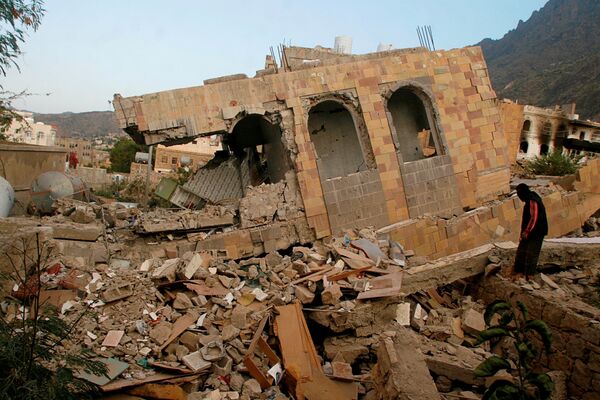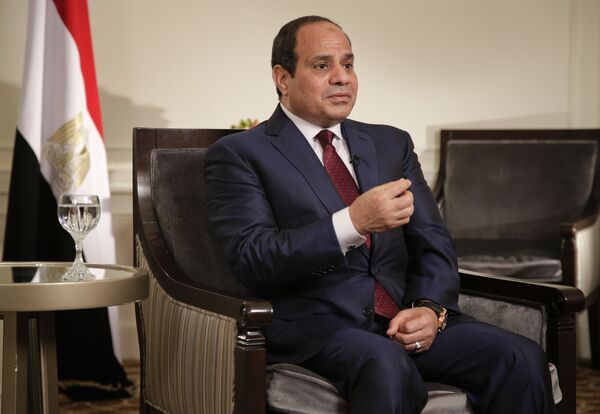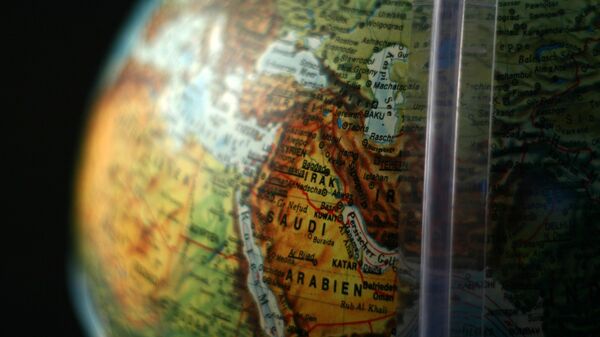"The small scale of many of the new states was recognized as a disadvantage even as they underwent decolonization. Efforts were then made to create federations so as to ensure more political clout, more economic development, and shared infrastructure costs, such as transportation," writes Raymond F. Betts in his book Decolonisation.
Almost exactly contemporaneous with the UAR was the West Indies Federation, which lasted from 1958-62. One year, later the Federation of Malaysia was formed.
In Africa, progressive politicians such as Ghana's Kwame Nkrumah enthusiastically pushed the cause of Pan-Africanism.
All the federations listed above have now disappeared. But while Malaysia and Singapore have both been successful since their divorce, the ending of the other unions hasn't had such happy results.
Certainly, the collapse of the UAR — and the decline of Pan-Arab movement, has had very negative consequences for the ordinary people of the Middle East.
It was the hope of Egypt's charismatic and far-sighted president Gamal Abdel Nasser that most, if not all, Arab countries would eventually join the UAR.
Let's just imagine if his dream had come true. Would UAR (Iraq) have been attacked in 2003? Of course not. The UAR would have been too strong. Remember, bullies only ever attack the weak.
Syria would not be in flames today, had it stayed in the UAR in 1961. At the time the Syrian elite didn't favor Nasser's socialism and after an army coup in September, Syria made a break with Cairo. But the move did not have public support. The people took to the streets in Damascus, Aleppo, Homs and other big towns and cities to protest.
The UAR title and the flag was retained by Egypt as Nasser hoped that Syria would one day return.
Atlases of the 1960s continued to show the name "UAR (Egypt)." There was a boost to the Pan-Arabist cause in September 1969, with the coming to power in Libya of the young Nasserite army colonel Muammar Gaddafi.
Gaddafi founded an Arab Revolutionary Front with Egypt in December 1969, and in 1970, Syria declared its interest in joining. But later same year, Pan-Arabism suffered a blow from which it has never quite recovered. Namely, the sudden death, at the age of 52, of Gamal Abdel Nasser. His successor, Anwar Sadat, pivoted to the US — a path continued by Hosni Mubarak. Gaddafi still pressed for the creation of a single Arab state, but the Federation of Arab Republics, consisting at various times of Libya, Egypt, Syria, Sudan, which was established in 1972, was formally dissolved in 1977.
The Ba'athist governments in Iraq and Syria went their separate ways — with tragic consequences for both countries. In 1991, Syria supported the US-led war against Iraq to remove Saddam's forces from Kuwait.
The illegal invasion of Iraq in 2003 led to renewed calls for pan-Arab unity, which I reported on for the New Statesman.

But nothing came of them.
Fourteen years on from "Shock and Awe," let's survey the sorry state of "the Arab nation."
Libya, which had the highest living standards in Africa under Gaddafi, has been bombed back to the Stone Age by NATO.
The country that operated a successful economy only seven years ago, has now seen the return of slave markets.
Do we call that progress?
Tunisia, once so peaceful, has been hit with terrorist violence — with British tourists slaughtered on the beach in 2015. Iraq has been traumatized by fourteen years of war and violence- with over 1m Iraqis killed and over 4m turned into refugees.
Lebanon has been bombed, with Daesh terrorist attacks now targeting Shia neighbourhoods. The plight of the Palestinians continues to worsen.
Syria is in it's seventh year of a western regime-change war. The US and its allies illegally bomb the country with total impunity and every time Damascus looks like it's winning the war, they pour more petrol on to the fire.

In Yemen, which from 1958-61 was in an association with the UAR called "The United Arab States," a Saudi-led coalition — with the US and UK providing weaponry, logistic and intelligence support, has been bombing for two years. The UN has said that around two thirds of the population need assistance, with more than 7 million "severely food insecure."

Nasser must be turning in his grave.
The US and its allies have picked off independent Middle East nations one by one — as General Wesley Clark talked about.
The US relied on Syrian support against Iraq — then, when Iraq had been set ablaze, turned their attentions on Syria. The UK persuaded Gaddafi to give up his WMDs — and then a few years later pushed for all-out war against his country.
If the Endless War lobby do get their way in Syria, and topple its secular, Christian-protecting government, then it means it'll be full steam ahead for another "regime-change" operation — this time against Iran.
Writing about the failure of Arab states to unify, Adam Garrie describes it accurately as "a tale of lost opportunity to create secular stability in a region now swamped by religious civil wars, mass murder, eroding womens' rights, and terrorism."
Garrie blames Arab leaders for not uniting under the protection of Soviet power in the 60s and 70s, for the current instability.
Sadly we can't turn the clock back to 1971, but we can make the case for a new United Arab Republic.
The British antiwar politician George Galloway, is just one prominent figure who has called for the UAR to be re-established.
The lessons of the past have surely taught us that "unity is strength" when it comes to repelling and deterring aggression. However, it's not just about self-defense; think too of the enormous economic benefits for the ordinary citizen of Arab unity.
A new UAR — endorsed by referenda in the countries concerned — could be formed initially between Egypt, Syria and Iraq, with other countries invited to affiliate.
If it all sounds far-fetched, then remember that the three "core" countries are closer today than for many years. Last November. Egypt's President Abdel Fattah el-Sisi, declared his support for Syria's military in its war against "terrorists." Egypt's economic links with Iraq have also been strengthened in recent months.

The more Cairo moves away from reactionary Riyadh and towards Iraq and Syria, the greater the chances of real progress for the Arab world.
Russia could play a positive role as the midwife for the UAR's re-birth as well as providing defense guarantees and the military hardware needed to deter any attack by the US and its allies.
To reassure Tehran that there was no anti-Iranian agenda, the UAR could sign a friendship and non-aggression agreement with the Iranian government. Israel, which is bound to oppose the foundation of the UAR — would be told that if it leaves the UAR in peace, it too will be left in peace. The same goes for the Kingdom of Saudi Arabia and Turkey — and indeed any other regional actors who might be tempted to try and sabotage the scheme.
The UAR would not threaten any country — but its formation would turn the tables on those countries and terrorist groups who have caused so much death and destruction in the Middle East in recent years. It would be wonderful to see the bellicose neo-con hawks in Washington finally having to tone down their rhetoric once they see there's no more "low-hanging fruit" to pick.
Had the original UAR survived the Middle East would be a very different place today. But as bad as things are, they could get even worse if secular Arab states, threatened by Salafi-jihadism, remain divided. Old atlases from the 1960s not only give us a window in to the past, they can provide us with solutions for the future.
Follow @NeilClark66 on Twitter
Support his Anti-Stalker CrowdFund





